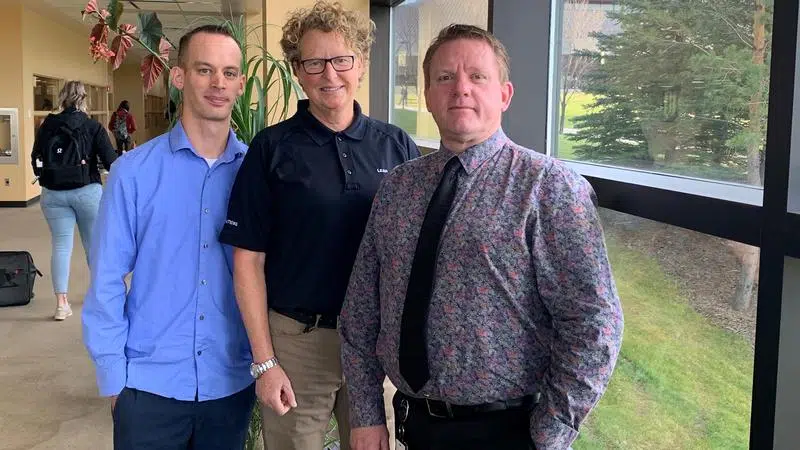
Lethbridge volunteers return from disaster recovery work in Bahamas
LETHBRIDGE, AB – Three people from Lethbridge spent 13 days in the Bahamas after the Category 5 Hurricane Dorian wreaked havoc on the islands in late August and early September.
According to official estimates from the Bahamian government and media outlets, over 14,000 people were displaced from their homes and damages are estimated at over $7-billion USD.
Nolan Meyer, Leah Parker, and Eric Foster volunteered with Team Rubicon to reclaim the insides of peoples’ homes.
Meyer, who by day is the Emergency Preparedness Coordinator with the University of Lethbridge, said the three all had prior experience of some kind in disaster mitigation, reclamation, or preparing for disasters, but what they saw was unlike anything they could have gotten ready for.


